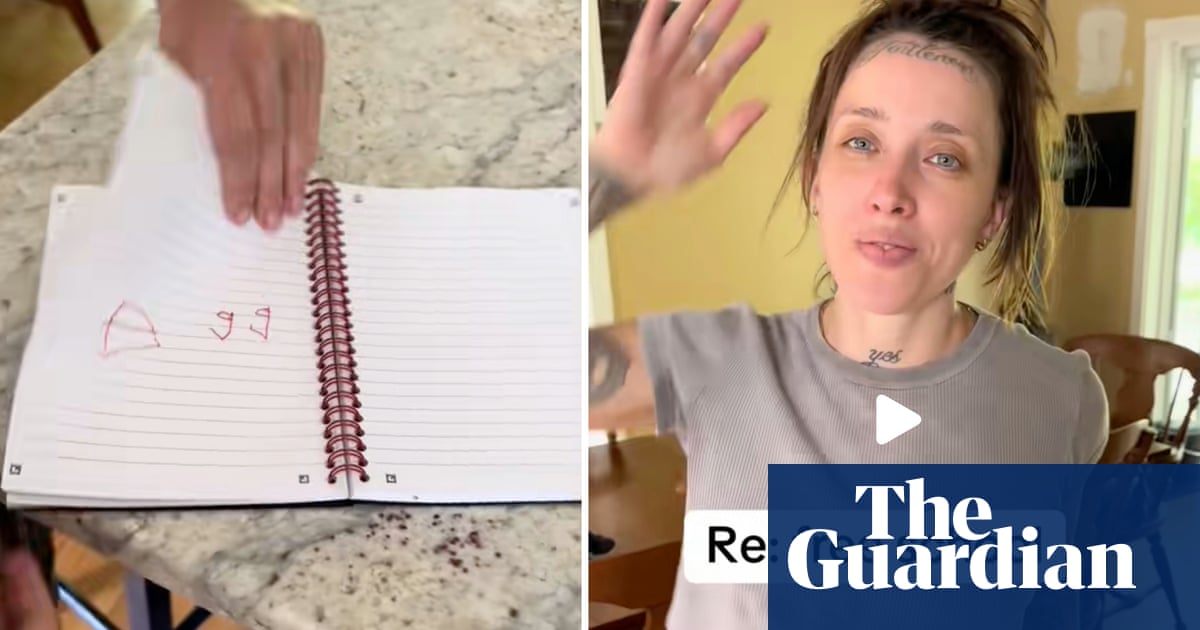‘Unschooling’ parents put their kids in charge of their own educations. Are they actually learning?

🌈 Abstract
The article discusses the growing trend of "unschooling" - an informal educational approach where children's learning is directed by their own interests rather than a set curriculum. It explores the perspectives of both proponents and critics of unschooling, highlighting the debate around its benefits and potential risks.
🙋 Q&A
[01] The Unschooling Movement
1. What is unschooling and how does it differ from traditional education?
- Unschooling is an informal educational approach where the direction of learning is dictated by the child's interests, rather than a set curriculum. It eschews traditional elements like testing, homework, and other hallmarks of conventional education.
- Unschooling is also known as "free schooling" or "self-directed learning", and is seen by proponents as a corrective to the failings of the public school system.
2. What are some of the key figures and examples associated with the unschooling movement?
- Prominent unschoolers include pop singer Billie Eilish, her producer brother Finneas, and musician Alanis Morissette, who have spoken about their unschooled upbringings.
- Other public figures like Elon Musk and the Food Network's Ree Drummond have also expressed support for educational models that reject traditional grading and standards.
3. What are the historical roots and precedents of the unschooling movement?
- Unschooling has precedents in the "open classroom" movement of the 1960s-70s, the rise of "minimally invasive education" in the late 1990s, and the 19th-century ideas of "voluntarism" promoted by philosopher Auberon Herbert.
- The contemporary unschooling movement was catalyzed by the work of John Holt, a non-accredited American educator, in the mid-1970s.
[02] Unschooling in Practice
1. How do unschooling parents approach their children's education?
- Unschooling parents like Onami focus on observation and supporting their children's natural interests, rather than imposing a curriculum. They use techniques like "strewing" to expose their children to potential interests.
- Unschooling allows for flexibility in learning timelines, with some children not learning to read until their teenage years, but then progressing quickly.
2. What are some of the potential benefits and drawbacks of unschooling cited in the article?
- Proponents argue unschooling promotes self-determination, resilience, and well-rounded development in children.
- Critics contend unschooling can lead to educational neglect, with children falling behind on key literacy milestones and struggling to adjust to formal education later on.
[03] Debates and Controversies
1. What are some of the concerns and criticisms raised about unschooling?
- Some see unschooling as a form of "educational neglect" and "abuse", with children being left unsupervised and uneducated.
- There are concerns about the lack of oversight and accountability in many unschooling households, with some states having minimal requirements for home-schooling.
2. How do proponents and critics of unschooling view the role of "parents' rights" in this debate?
- Proponents of unschooling and home-schooling often invoke "parents' rights" to make decisions about their children's education, which can clash with calls for greater regulation and oversight.
- Critics argue this "parents' rights" rhetoric is used to justify isolating and abusing children, with little accountability.
3. What are the differing perspectives on the outcomes of unschooling?
- While some unschoolers like Skyler DuPont report positive experiences and successful outcomes, others like Tyler describe struggling with significant educational and social deficits.
- Survivor communities have emerged to give voice to those who felt neglected or abused by their unschooled upbringings.